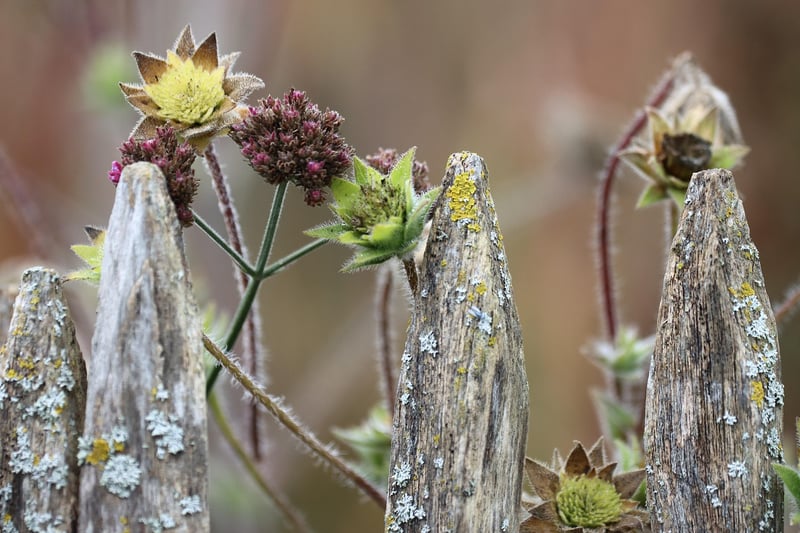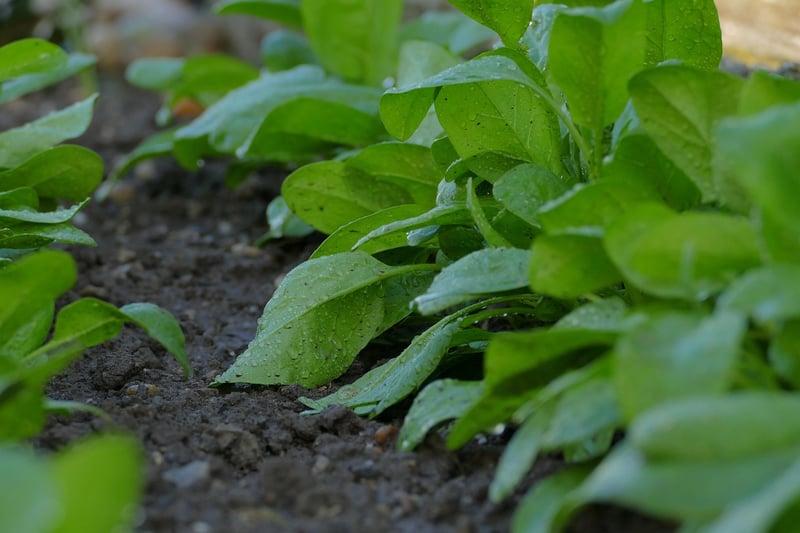Soil Preparation
Essential Botanic Tips for Healthy Plants
Introduction
Welcome to our guide on essential botanic tips for maintaining healthy plants. Whether you're a seasoned gardener or just starting, these tips will help you nurture your green friends and create a thriving botanical paradise.
1. Choose the Right Plants
Before you start your garden, research and select plants that are well-suited to your climate and soil type. This will ensure that your plants thrive from the beginning.
2. Provide Adequate Sunlight
Most plants require sunlight to photosynthesize and grow. Ensure your plants receive the right amount of sunlight based on their specific needs. Monitor the sun exposure in your garden and plan accordingly.
3. Water Wisely
Water your plants deeply but infrequently to encourage healthy root growth. Overwatering can lead to root rot, so it's essential to strike a balance. Consider using a soaker hose or drip irrigation system for efficient watering.
4. Fertilize Regularly
Plants need essential nutrients to thrive. Fertilize your plants regularly with a balanced fertilizer to ensure they have access to the necessary minerals for growth and flowering.
5. Prune and Deadhead
Regular pruning and deadheading help promote new growth and maintain the health of your plants. Remove dead or diseased branches, spent flowers, and overgrown foliage to keep your plants in top condition.
Soil Preparation
1. Test Your Soil
Before planting, test your soil to determine its pH level and nutrient content. This will help you choose the right plants and fertilizers for your garden. Soil testing kits are readily available at garden centers.
2. Improve Soil Structure
Loose, well-aerated soil is essential for plant roots to grow deeply and access nutrients. Add organic matter such as compost or aged manure to improve soil structure and fertility.
3. Mulch Your Garden
Applying a layer of mulch around your plants helps retain moisture, suppress weeds, and regulate soil temperature. Organic mulches like wood chips or straw also break down over time, enriching the soil.
4. Rotate Your Crops
If you're growing vegetables, practice crop rotation to prevent soil depletion and minimize pest and disease problems. Rotate your crops each season to maintain soil health and fertility.
Conclusion
By following these essential botanic tips and preparing your soil effectively, you'll set the foundation for a thriving garden filled with healthy, vibrant plants. Remember to observe your plants regularly, adjust care as needed, and enjoy the beauty and benefits of your botanical oasis.


